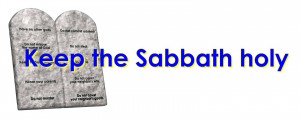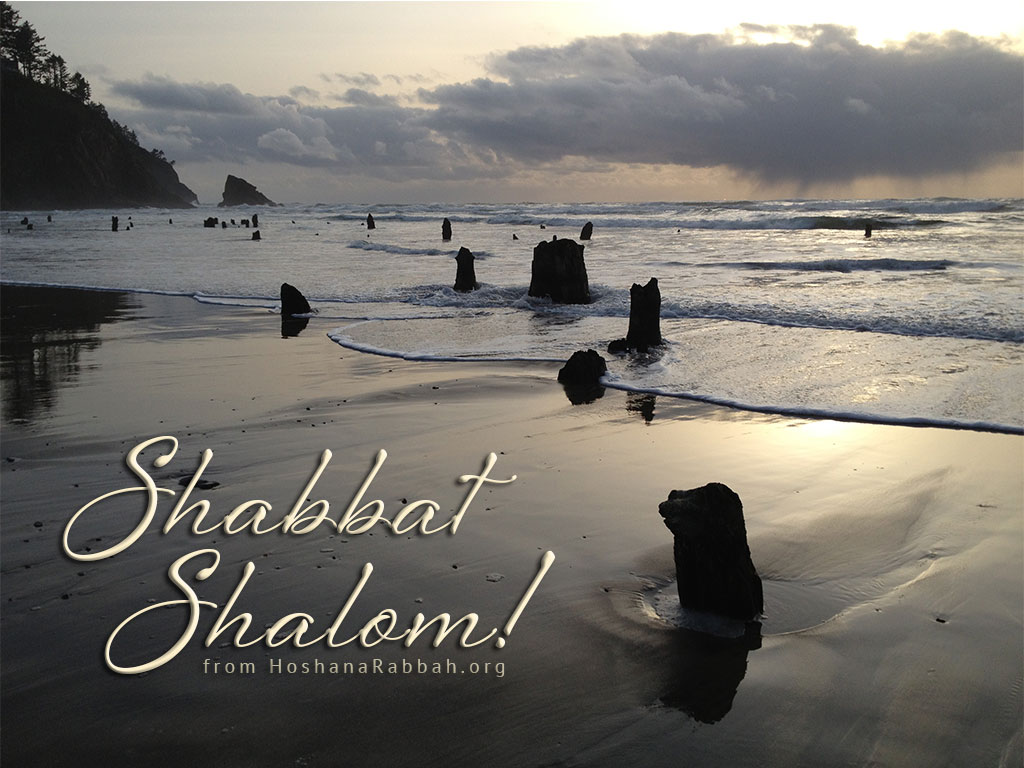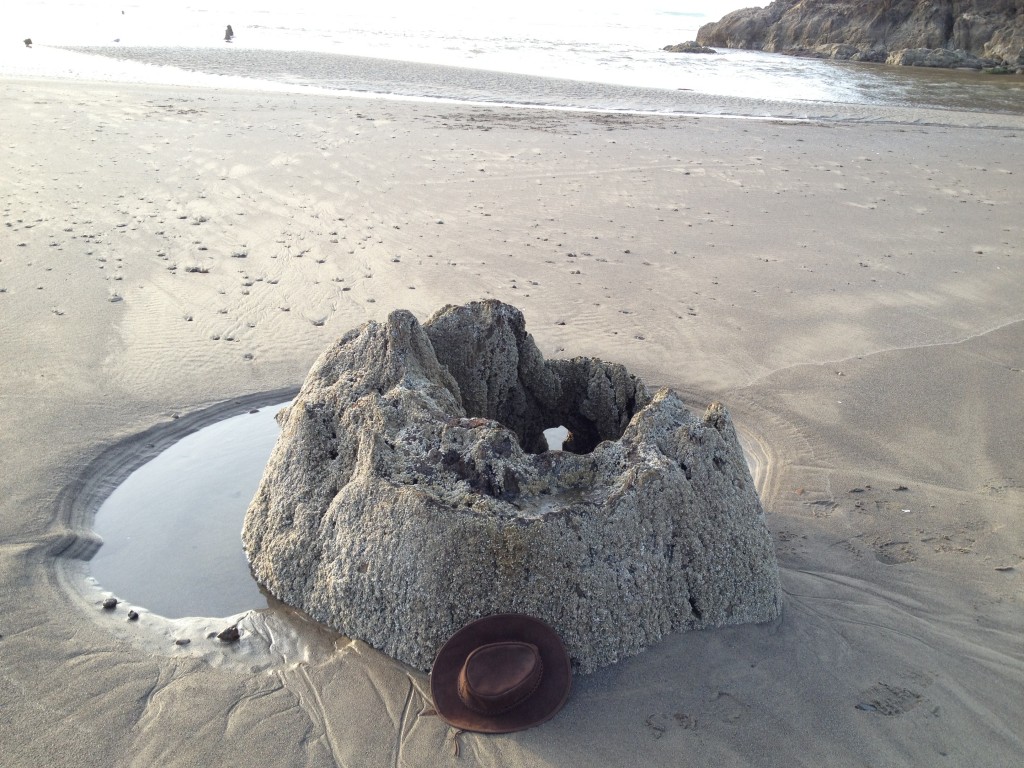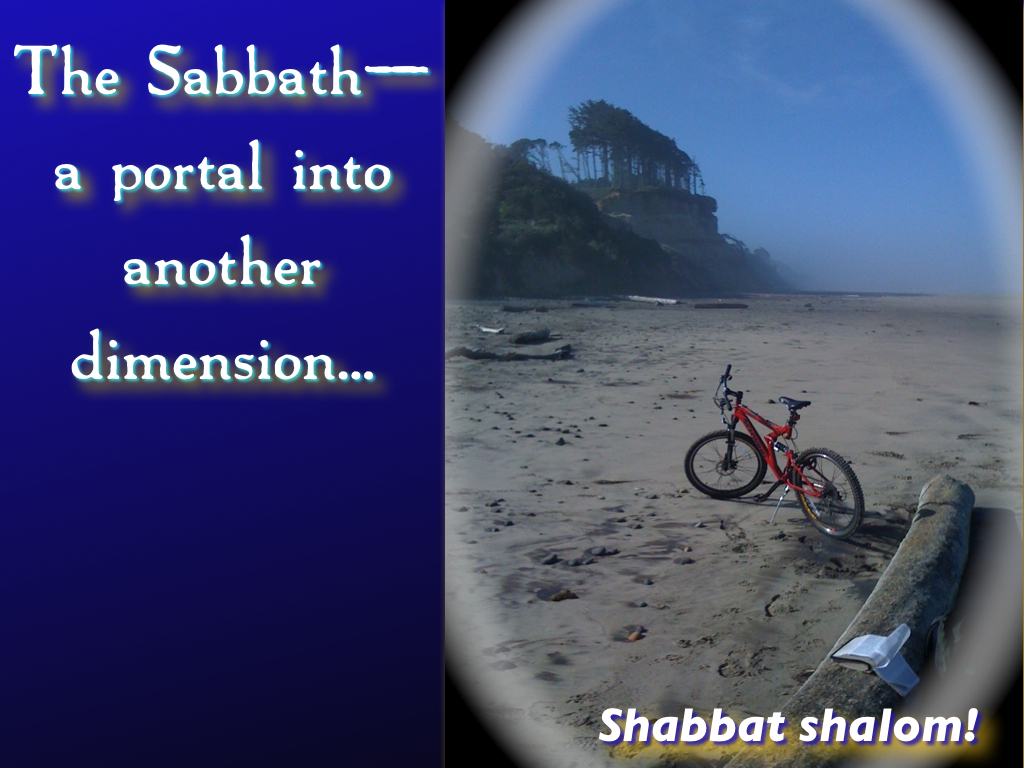Mark 1–3
It is interesting to note the order of events as Yeshua was launching his ministry. He was about to enter a war zone!
After John baptized Yeshua and he received his heavenly empowerment, he first went through a spiritual boot camp before stepping onto the battlefield of public ministry. Once in the “war,” it’s worth noting where the battle lines fell.
- His spiritual boot camp was the wilderness where he fasted for forty days and nights to get his body, soul and spirit, and his mind, will and emotions in sync with the will of his Father in heaven (Mark 1:12–15).
- His first battle was an internal one. The devil tested him in three areas: his body, soul and spirit, or, to put it another way, the lust of the flesh, the lust of the eyes and the pride of life (Mark 1:13). After overcoming himself and submitting to the will of his Father, he was now ready to launch into the war zone of public ministry.
- His mission was to preach the message of the gospel of the kingdom of Elohim and repentance from sin (i.e. Torahlessness, 1 John 3:4; Mark 1:14–15).
- Next he chose his cadre of spiritual warriors — his “army”— the twelve disciples (Mark 1:16–20).
- Where better to start proclaiming the gospel message than in the local synagogue on the Sabbath (Mark 1:21)? After all, the religious folks there should be overjoyed to hear this good news, fresh message from heaven. Right? Continue reading








